Apple used Google’s chips to train its AI — Where does that leave Nvidia?
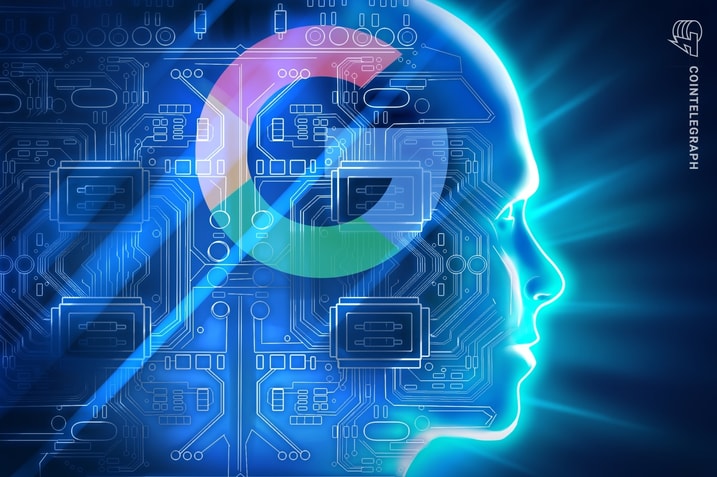
Nvidia’s shrinking market cap could signal a shift in the generative AI developer’s market.

Apple had the same choices as any other technology company with money to burn when it came to training its artificial intelligence models. It could have used its own chips, conducted training via a cloud infrastructure, or gone the popular route and just bought billions of dollars worth of Nvidia chips. Instead, it made a deal with the company that owns Google.
Apple has been accused of being late to the AI party. While its peers were busy pivoting to generative AI and pouring billions of dollars into training chips and cloud services, Apple’s public-facing image focused on iPhone sales and “spatial computing.”
This led analysts and pundits to worry over whether the house that Steve Jobs built was falling behind its closest competitors. Then, in June of 2024, the market itself seemed to confirm those fears when Nvidia passed up Google, Apple and Microsoft to become the most valuable company in the world.
Nvidia’s dominance
At its peak, around June 19, Nvidia’s market cap reached approximately $3.45 trillion. At that point it became not just the 2024 market leader, but the most valuable company ever. Even more impressive was the fact that its value grew by 147% year-over-year and by 2,617% over the past five years.
Economics and finance analysts have pointed to myriad factors potentially driving the growth, but Nvidia’s largest sources of revenue since at least 2017 have been its graphics processing unit (GPU) chips.
It was estimated in late 2023 that the company’s products accounted for about 70% of all AI chip sales.
Apple’s walled garden
Apple tends to keep its plans under wraps. While it is a publicly traded company, and thus subject to certain disclosures, it’s always marched to the beat of a different drum when it comes to advertising, marketing, and setting consumer expectations.
A recently published pre-print research paper bucked the company’s trend of secrecy when it revealed how Apple’s “Foundational Language Models” — the AI that powers “Apple Intelligence” — were developed and trained.
Rather than use the world’s most popular chips, Nvidia’s H-100, or add to its own chip catalog with a new or improved Apple AI chip, the Cupertino company tapped Google.
According to Apple research, the new foundational model was trained on more than 10,000 tensor processing units (TPUs), Google’s AI chips, of which the majority were TPUv4s and a little over 2,000 were TPUv5s.
While there are arguments to be made about availability (Nvidia’s chips are often difficult to obtain and expensive), there’s no doubt that Apple — the world’s most valuable company as of Aug. 10 with a market cap of $3.28 trillion — can afford the market leader’s chips.
A snub or a strategy?
It’s anyone’s guess as to exactly why Apple snubbed Nvidia. The aforementioned research supports the idea that GPUs offer more power and efficiency in certain domains, but Apple’s specialized approach seems to have made better use of the TPUs.
The real question is: where does this leave Nvidia? After experiencing the fastest growth from a $2 trillion market cap to a $3 trillion market cap in history, its stocks have rapidly retreated to what appears to be a median settling point.
Apple’s deference could be a sign of things to come as more Big Tech outfits continue to ready their own chips. The overall rising tide of generative AI could work against Nvidia as purpose-built AI chips replace less specialized offerings from the major chipmakers.
It could also be simply another example of Apple choosing to zig where its competitors zag. Companies such as OpenAI, Microsoft and Nvidia simply don’t have the consumer installation base that Apple does.
Prioritizing billions of iPhone users over enterprise hype and high-risk bets on artificial general intelligence has kept shareholders happy behind Apple’s walled garden for decades.
There’s little reason to imagine that’ll change unless consumer spending on AI services catches up with the industry hype.
Related: Google’s new Gemini AI model dominates benchmarks, beats GPT-4o and Claude-3

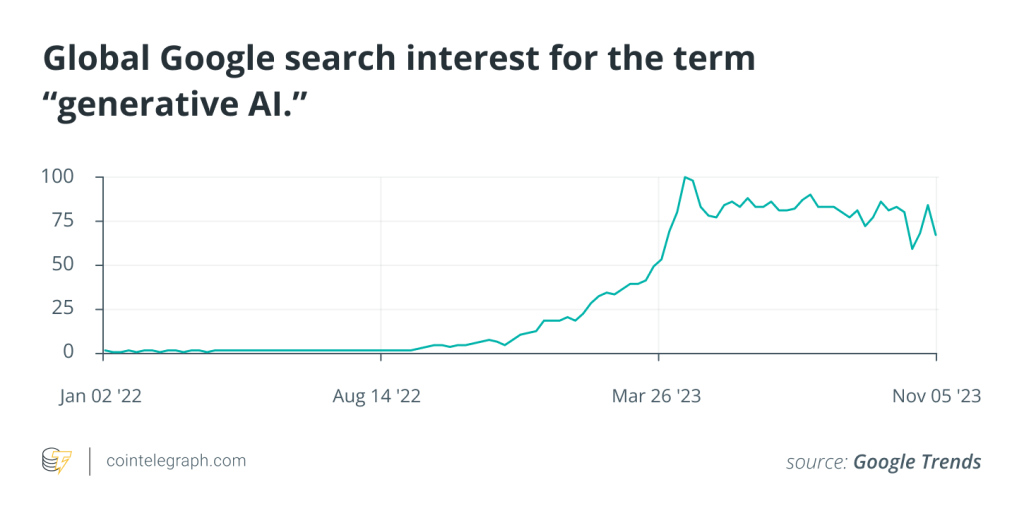
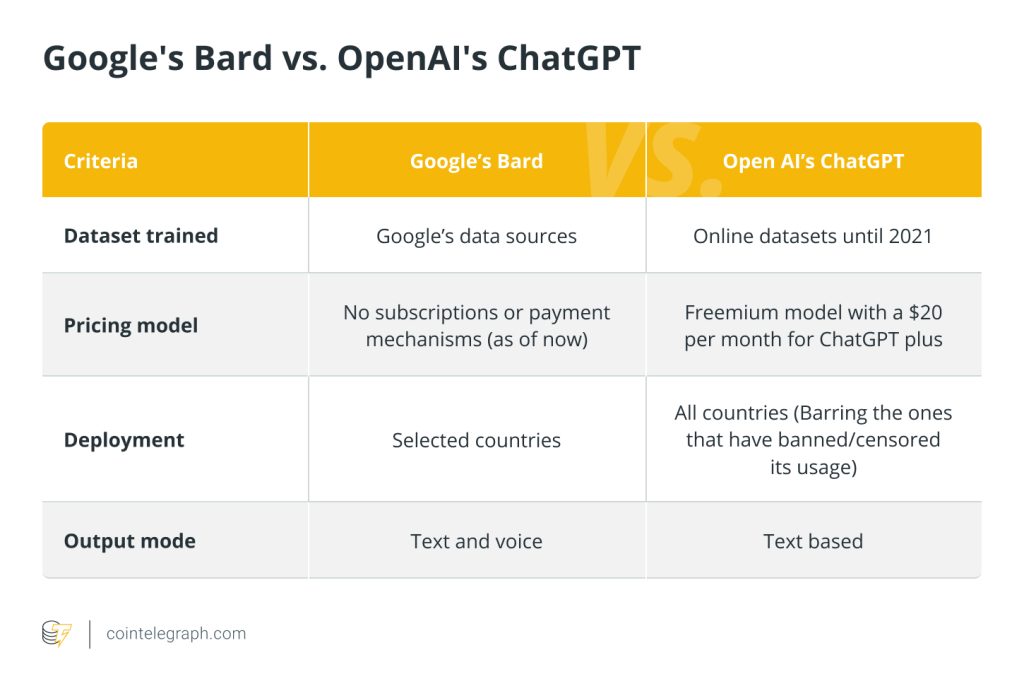
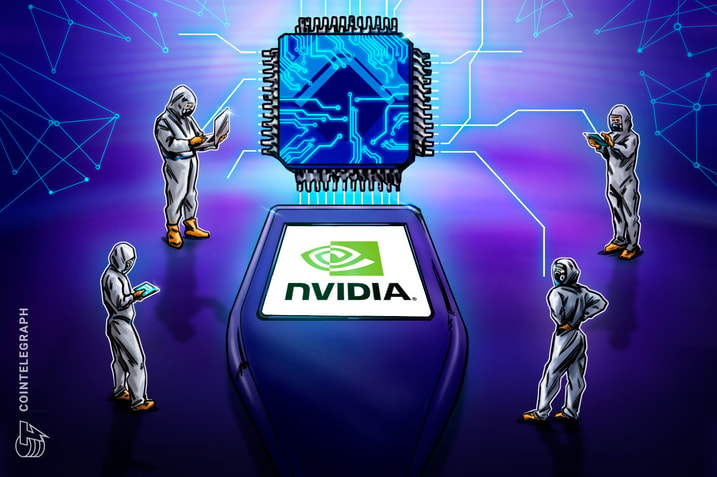
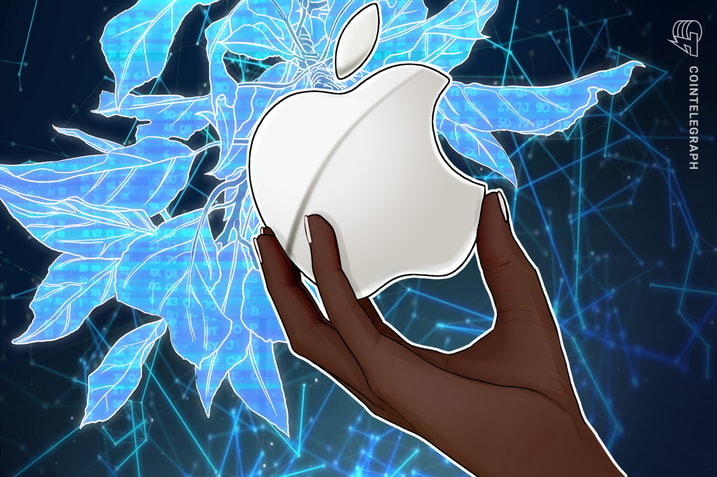
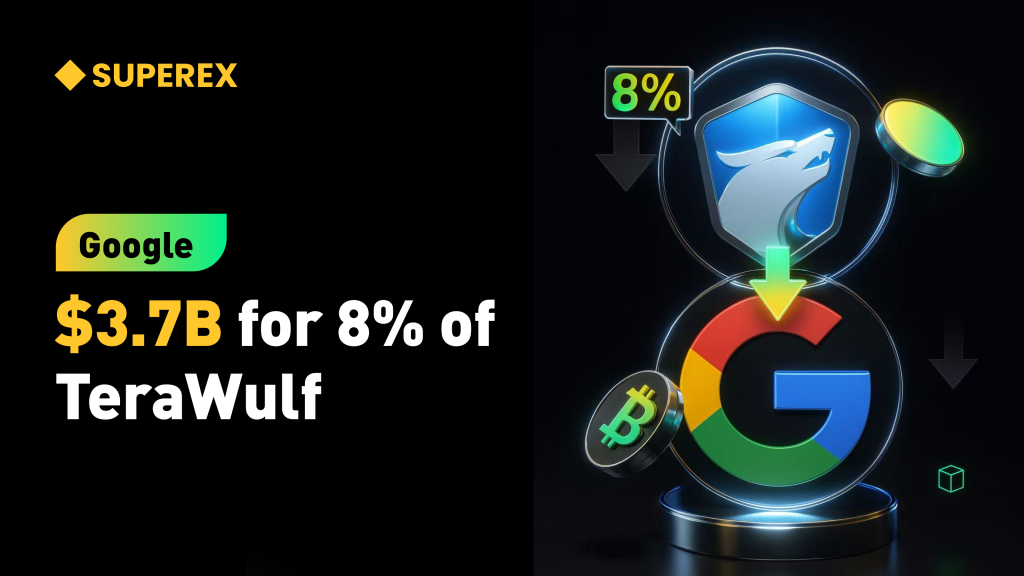
Responses